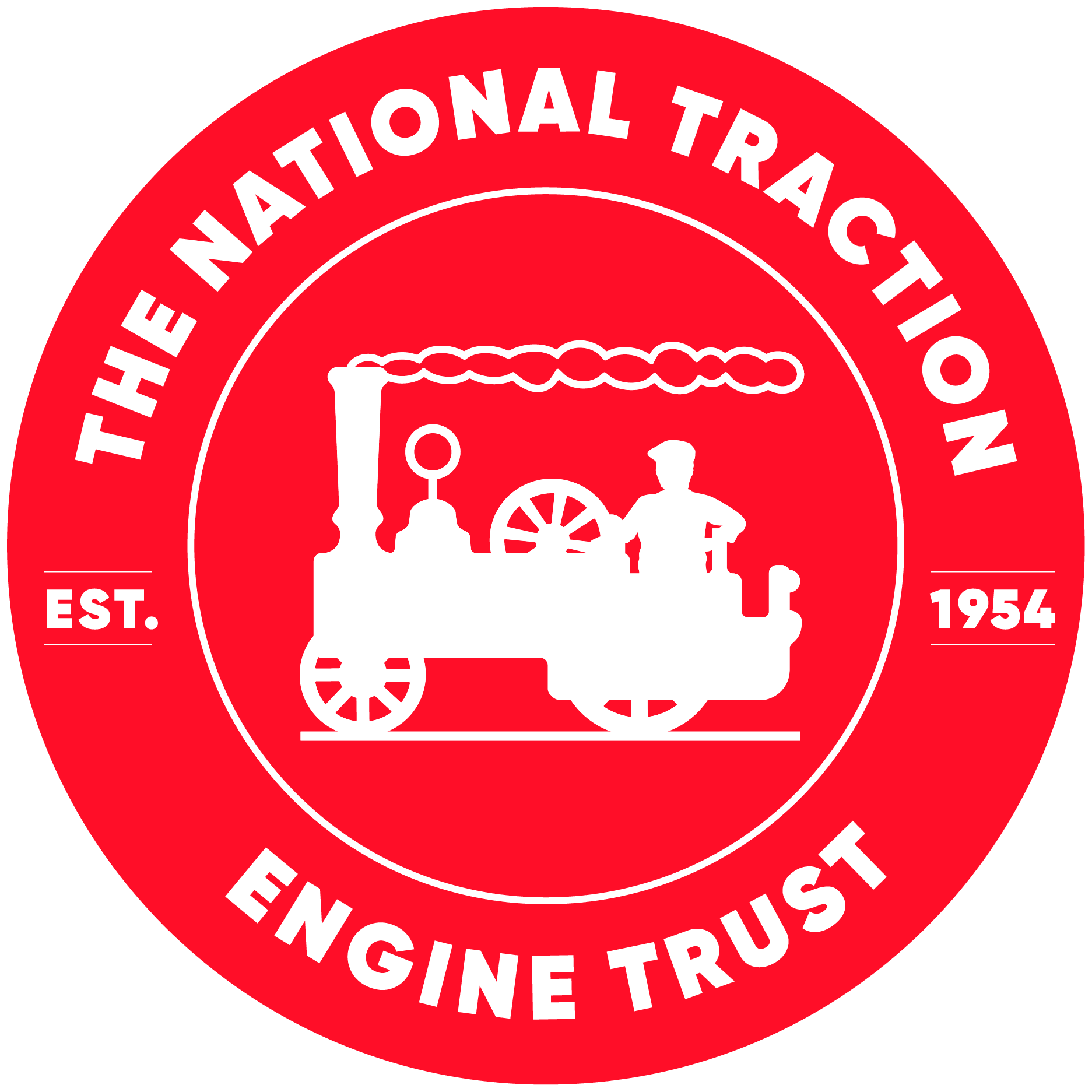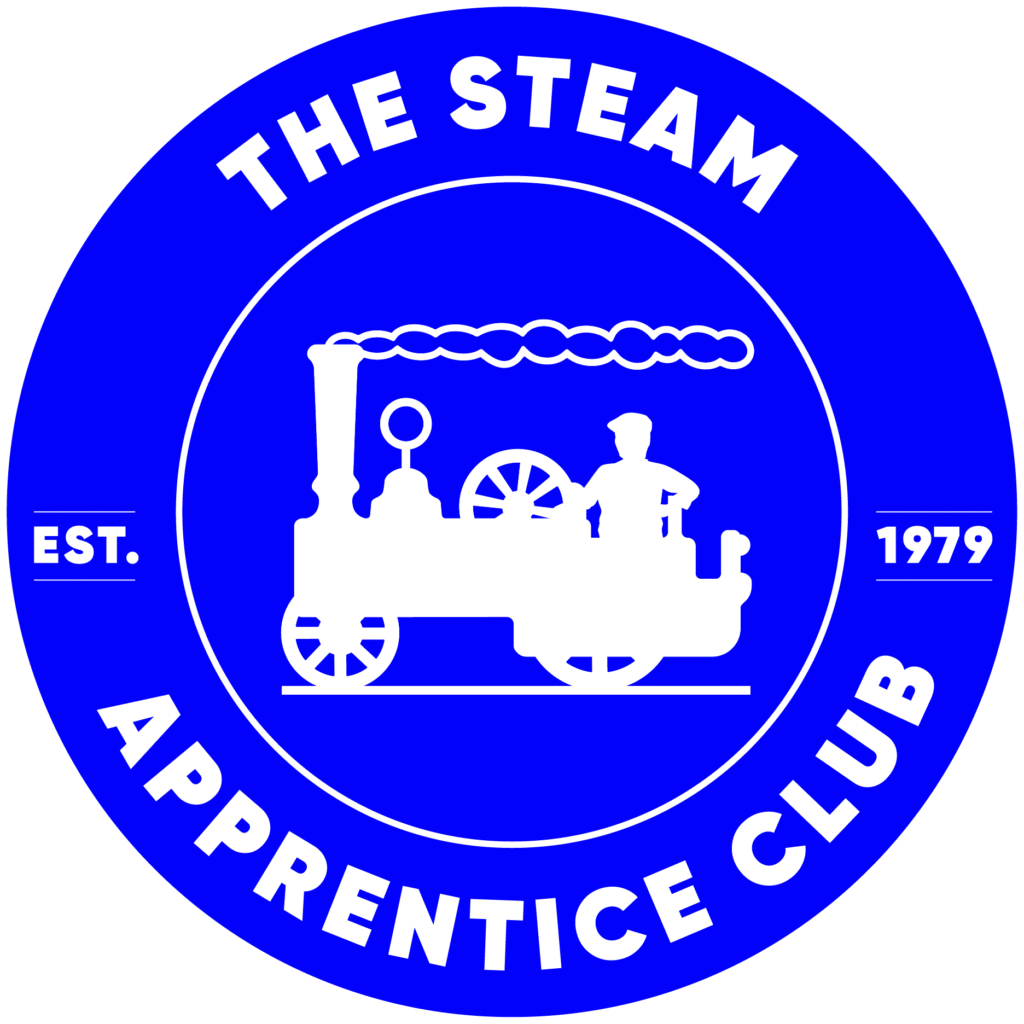Bursaries
The National Traction Engine Trust encourages and supports road steam by offering financial assistance and bursaries for those who would like to improve their knowledge and skills in order that they can help and take part in maintaining Steam on the Road.
The following list of skills is not exhaustive and any application will be considered which shows that it informs and educates about road steam as described in the NTET mission statement: Preserving our Heritage with Steam on the Road.

Maintaining and ensuring full effectiveness of boilers on traction engines and other legacy pieces of engineering. Overall management and safe operation of boilers for maximum effectiveness and safety.

All manner of boiler inspections from a wide variety of boiler systems from this golden era of steam.

Whilst sign writing and design is very much a modern practice, being able to accurately replicate a traditional style whilst understanding the meaning behind familial naming conventions, is something to be appreciated.

No matter what era we live in - welding is an artform that is a useful skill that we all rely on, from the chairs we used in school, to the vehicles we drive today.

The art and science of manipulating materials to be shaped and assembled for the sake of achieving a particular goal is necessity when working with Traction Engines and other pieces of equipment.

The importance of lathes and millwork for ensuring components are accurately fitting, and for retrospective changes as well as modifications, is an important part of the restoration process as well as for fixing problems.

For when you've sometimes exhausted all options when relying on bigger machinery and it is down to doing things by hand - these skills are necessary more often than you think.

Being able to understand how existing components are manufactured to designing compatible components or entirely new ones - the process of pattern making puts you firmly back into the mindset of an engineer from time gone by - and similarly helps you work on similar engineering problems encountered today.
- You find, we fund.
We'll fund the right place.
Look in the heritage journals and prospectuses of colleges and schools for suitable courses. Approach people who already have a skill you are interested in to see if they would be willing to share their knowledge – then fill out this application form with all the details.
- Maximum of £500 available
- Applications should be received by 31st July of each year
Bursary Application
Apply for a bursary of up to a maximum of £500.
